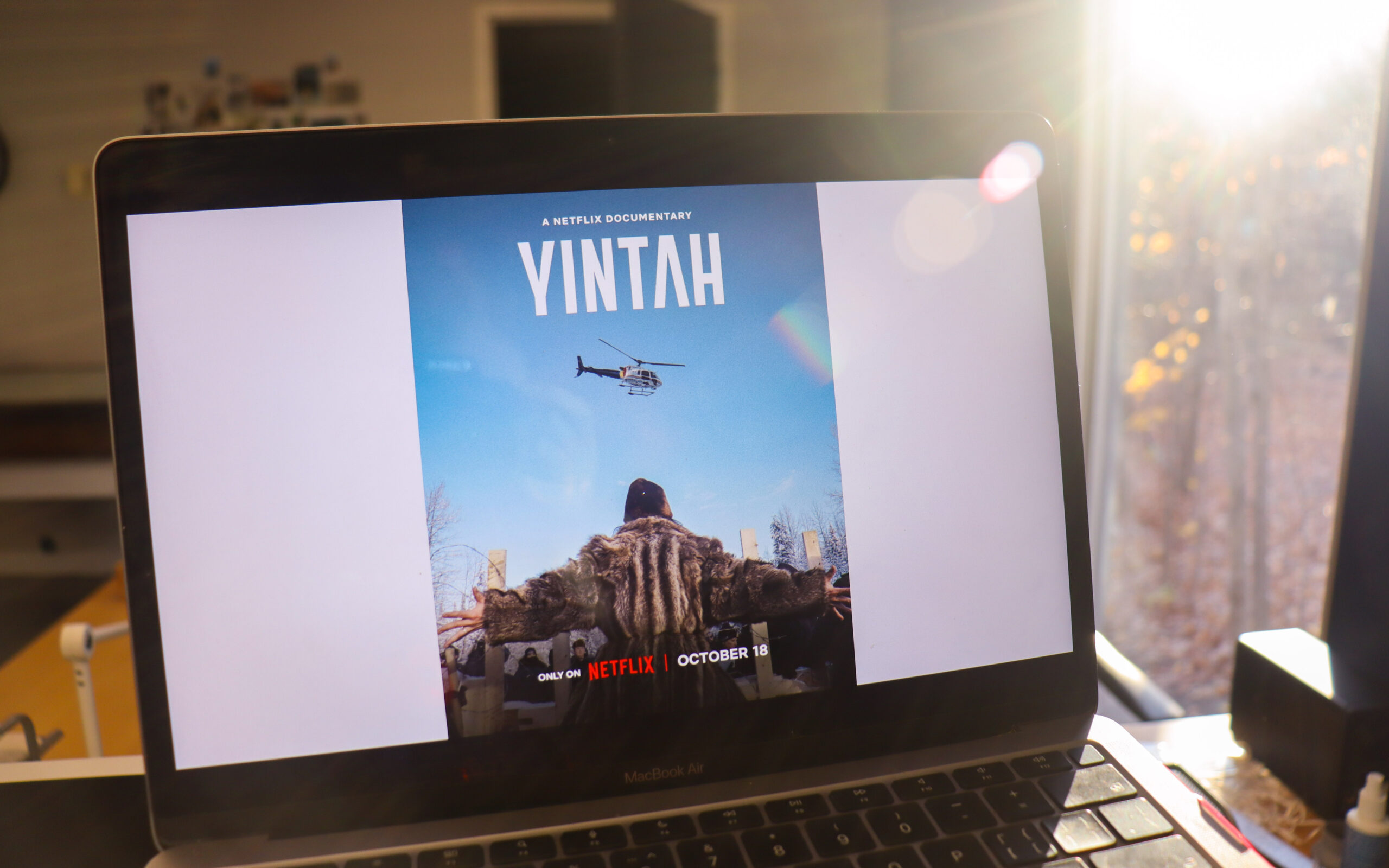YINTAH: Netflix’s newest documentary on the power and resistance of Canada’s Indigenous people
Exploring the themes presented in the documentary, and why stories like these must be told.
YINTAH was released on Netflix on October 18, 2024, and documents the decade-long struggle between British Columbia’s Indigenous people and Coastal Gaslink (CGL) — a project funded by the Canadian government that would place oil pipelines directly through the unceded territory of the Wetsuwet’en people.
This documentary follows Howilkkat Freda Huson, a Chief of the Wetsuwet’en peoples, and highlights not only the Canadian government’s continued efforts to silence its Indigenous population but also the unwavering resilience that they are met with.
Yintah is the Wetsuwet’en word for “land,” which Indigenous people see not as a resource to be used for profit or gain but as a living being that should be respected. When confronting the CGL security supervisor, Dsta’hyl, a member of the Wetsuwet’en clan, says, “We do not own the land. We belong to the land. We are a part of the land.” Indigenous people fight to preserve the land because of their relationship with it but also to protect the environment.
Widzin Kwah is the river that runs through the Wetsuwet’en territory and connects them to the five other nearby clans. It is also the river under which CGL built its pipelines. An oil leak caused by those pipes would be disastrous, killing the local salmon population and other marine life, and severely contaminating the water that the Wetsuwet’en people depend on.
YINTAH brings attention to Canada’s centuries-long genocide against Indigenous people — a genocide that continues today. “The founding fathers of this country were thieves and murderers. Their mandate was to annihilate us. And they couldn’t do it, so they trained us to annihilate ourselves and that’s where we are today,” said one member of the Wetsuwet’en clan.
Sleydo’ Molly Wickham, another prominent figure in the documentary, claims that a “silent war” exists between the government and its native population. A silent war where women are constantly being raped and murdered while the RCMP turn a blind eye. A silent war that has caused Canada’s Indigenous population to have a suicide rate three times higher than the non-Indigenous population. And a not-so-silent war that was brought to the attention of the public a few years ago when mass unmarked graves were found at the Kamloops Residential School. The documentary features all of these issues.
The main subject of the documentary is the constant power struggle between the Canadian government (along with the CGL project and the RCMP) and the Indigenous resistance. YINTAH was filmed over a decade, and it thoughtfully pieced together clips that show the RCMP harassed the Wetsuwet’en people time and again, yet Huson and her people never backed down.
Multiple times throughout the documentary, the Wetsuwet’en people were peaceful and unarmed as they tried to protect their territory. Yet every time the RCMP arrived to trespass on their land, they’d use physical violence and arrest every Indigenous person present. Even while they were being beaten and handcuffed, the Wetsuwet’en people never ceased singing ancestral songs, displaying their strength and resilience.
The documentary ends by stating that the CGL project did end up being completed. But it also ended with a scene of Freda and people of the Wetsuwet’en clan, including children, speaking their languages and enjoying their land, showing that, while the government did complete its project, it didn’t succeed in silencing the Wetsuwet’en people. Overall, YINTAH is a very powerful and well-done documentary. It reintroduces issues that the Canadian public has been aware of for years and shows that, while we like to think the government has reconciled with its Indigenous people, it still has big strides to make. Hopefully, putting this film on Netflix means that it will reach a large audience, inspiring others to advocate for the fair treatment of Canada’s Indigenous population.

